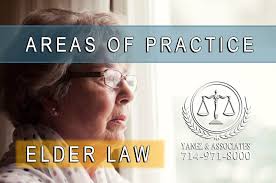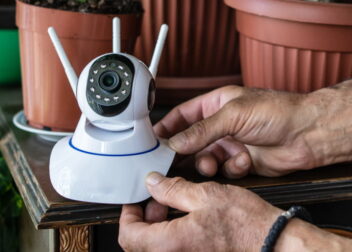Understanding Nursing Home Camera Laws
Nursing home camera laws are essential for protecting residents and ensuring their safety. With increasing concerns about elder abuse and neglect, many families are considering the use of surveillance cameras in nursing homes. Understanding the legal aspects of these laws is crucial for both families and care facilities. This post will explore why monitoring is important, the legal framework governing camera usage, and other key factors involved in implementing these laws effectively.
Importance of Monitoring in Nursing Homes
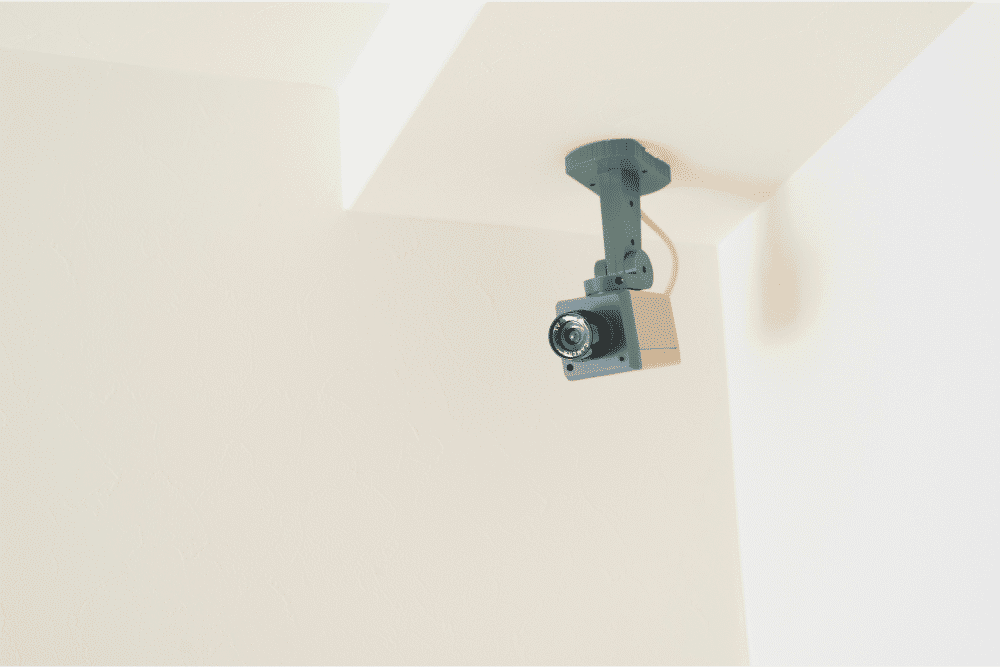
Monitoring in nursing homes serves several vital purposes. Here are some key reasons why surveillance is necessary:
- Enhancing Safety: Cameras can help deter potential abuse or neglect by providing a record of interactions between staff and residents.
- Promoting Accountability: With cameras in place, caregivers are more likely to adhere to proper protocols and treat residents with respect.
- Assisting in Investigations: In cases of reported abuse, video footage can provide crucial evidence for investigations.
- Peace of Mind for Families: Knowing that a loved one is being monitored can ease family members’ concerns about their well-being.
In summary, monitoring not only protects residents but also creates a more transparent environment within nursing homes.
Legal Framework for Nursing Home Cameras
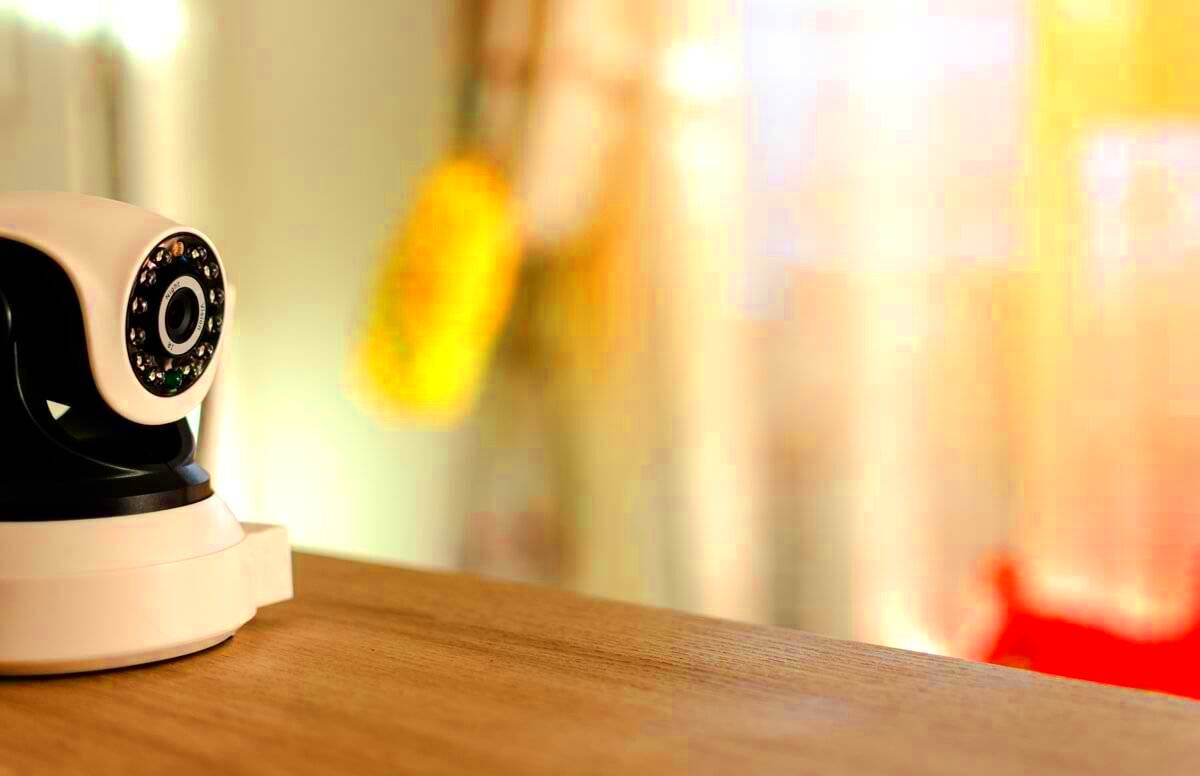
The legal framework surrounding nursing home camera usage varies by state, but several common elements are important to consider:
- Consent Requirements: Many states require consent from residents and their families before installing cameras in private areas. Always check local laws.
- Common Areas vs. Private Spaces: Cameras may be allowed in common areas, but placing them in private spaces like bedrooms or bathrooms typically requires stricter regulations.
- Notification: Facilities must inform residents and their families about camera installations and policies regarding surveillance.
- Data Privacy: Regulations dictate how video footage is stored and accessed, ensuring it is used only for legitimate purposes.
Understanding the legal framework is essential for ensuring that camera installations comply with local laws and protect the rights of residents.
Types of Cameras Allowed in Nursing Homes
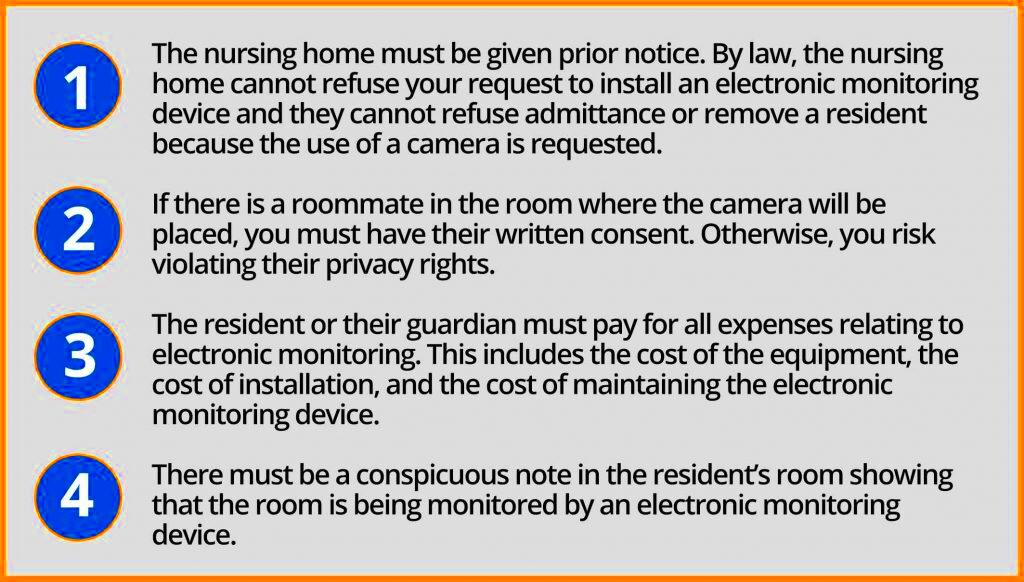
When it comes to monitoring nursing homes, various types of cameras can be used to ensure residents’ safety and well-being. Understanding the different types can help families choose the most suitable option for their needs:
- Fixed Cameras: These cameras are stationary and focused on a specific area, making them ideal for monitoring common spaces like dining halls or lounges.
- Pan-Tilt-Zoom (PTZ) Cameras: These cameras can be remotely controlled to pan, tilt, and zoom in on specific activities. They provide more flexibility in monitoring larger areas.
- Wireless Cameras: Easy to install and move, wireless cameras can be placed almost anywhere without the need for extensive wiring.
- Hidden Cameras: Sometimes called “nanny cams,” these cameras can be discreetly placed to monitor staff interactions without drawing attention. However, legality may vary based on consent laws.
- Smart Cameras: These are high-tech cameras equipped with features like motion detection and remote access via smartphones, providing real-time alerts to families.
Choosing the right type of camera involves considering the specific needs of the resident and the layout of the nursing home.
Privacy Concerns and Considerations
While installing cameras in nursing homes can enhance safety, it’s essential to address privacy concerns to protect residents’ rights. Here are some critical considerations:
- Informed Consent: Residents and their families should always give consent before cameras are installed. This not only complies with legal requirements but also builds trust.
- Common vs. Private Areas: Cameras should be placed in common areas where privacy expectations are lower. Avoid placing cameras in private spaces like bedrooms and bathrooms.
- Monitoring Policies: Establish clear policies on who can access the footage and how it will be used. Transparency is key to maintaining trust.
- Data Security: Ensure that video footage is stored securely and is only accessible to authorized personnel to prevent unauthorized viewing.
Addressing privacy concerns not only complies with laws but also fosters a respectful environment for residents.
How to Install Cameras Legally
Installing cameras in nursing homes requires careful planning and adherence to legal guidelines. Here are some steps to ensure a smooth installation:
- Research Local Laws: Start by researching the specific laws in your state regarding camera installation in nursing homes. Each state has different regulations.
- Obtain Consent: Before installation, obtain consent from residents and their families. Clear communication is vital to avoid misunderstandings.
- Choose Suitable Locations: Identify appropriate locations for camera placement, focusing on common areas while avoiding private spaces. Consult with nursing home staff for input.
- Hire Professionals: Consider hiring a professional installation service to ensure that cameras are correctly installed and comply with legal standards.
- Implement Monitoring Policies: Develop policies outlining how the footage will be monitored, who will have access, and how long it will be stored.
By following these steps, families can install cameras legally and effectively, ensuring the safety of their loved ones while respecting their privacy.
Rights of Residents and Families
Residents and their families have specific rights when it comes to the use of cameras in nursing homes. Understanding these rights is essential for ensuring a safe and respectful environment:
- Right to Privacy: Residents have the right to privacy in their personal spaces, which includes bedrooms and bathrooms. Cameras should not be installed in these areas without explicit consent.
- Right to Consent: Families must give informed consent before any cameras are installed. This means they should fully understand how the cameras work and where they will be placed.
- Right to Access Footage: Families may have the right to request access to video footage, especially if there are concerns about their loved one’s care or safety. This should be outlined in the facility’s policies.
- Right to Be Informed: Residents and families should be informed about the facility’s camera policies, including who has access to the footage and how it will be used.
- Right to Report Concerns: Families can report any concerns about potential misuse of cameras or violations of privacy. Facilities should have a clear process for addressing these concerns.
Understanding these rights helps ensure that residents are protected and that families can feel secure about their loved ones’ care.
FAQ about Nursing Home Camera Laws
As families consider installing cameras in nursing homes, they often have many questions. Here are some frequently asked questions:
| Question | Answer |
|---|---|
| Are cameras allowed in nursing homes? | Yes, but laws vary by state. It’s important to check local regulations. |
| Do I need consent to install a camera? | Yes, consent from residents and their families is typically required. |
| Can cameras be placed in private rooms? | Cameras should not be placed in private areas without consent due to privacy laws. |
| How is video footage protected? | Facilities should have strict policies on who can access footage and how it is stored. |
| What should I do if I suspect abuse? | Report your concerns to the facility management and local authorities immediately. |
Addressing these questions helps families make informed decisions about monitoring their loved ones in nursing homes.
Conclusion on Nursing Home Camera Laws
Nursing home camera laws are crucial for protecting residents and providing peace of mind to families. Understanding the types of cameras allowed, the legal framework, and the rights of residents is essential for ensuring compliance and respect for privacy. While cameras can enhance safety and accountability, it’s vital to navigate the legal landscape carefully to avoid potential pitfalls.
As families consider camera installations, they should prioritize clear communication with nursing home staff and ensure that they understand the facility’s policies. Ultimately, the goal is to create a safe and supportive environment for residents while respecting their dignity and privacy.

